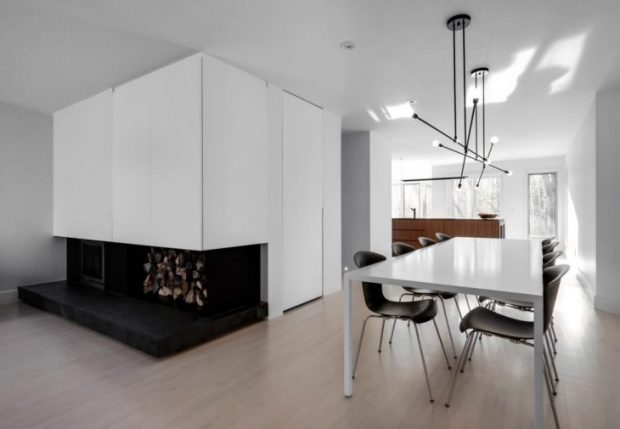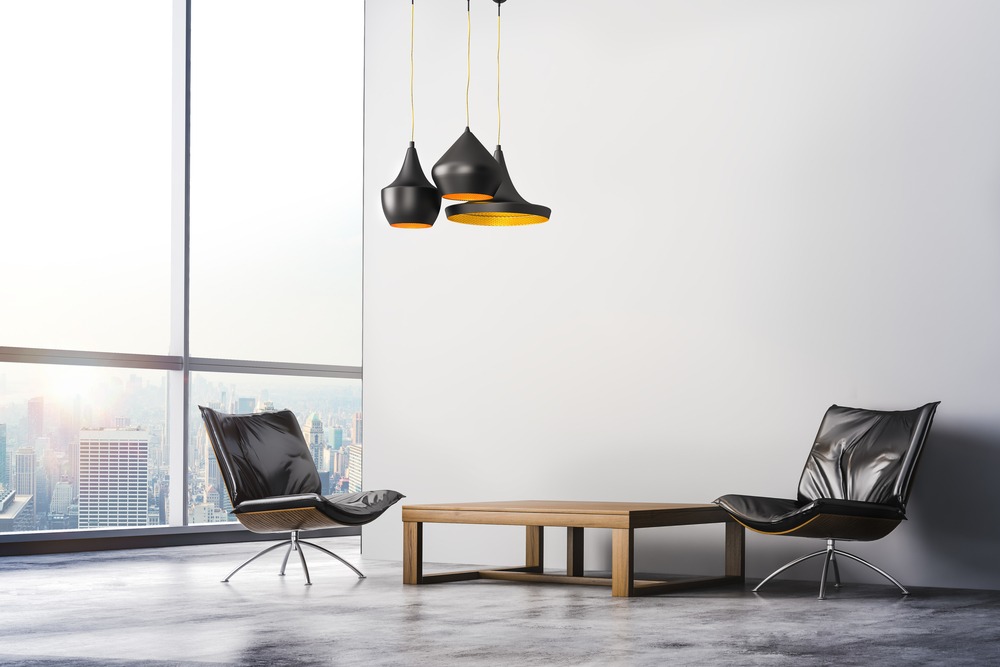In a world filled with complexity and noise, the minimalist approach offers a refreshing antidote—a return to simplicity and clarity in all aspects of life. Whether applied to design, lifestyle, or creative endeavors, embracing minimalism can lead to a more intentional, meaningful existence. In this article, we explore the principles and benefits of the minimalist approach and how it has permeated various aspects of contemporary culture.
Contents
Embracing Simplicity: The Beauty of the Minimalist Approach

Understanding Minimalism:
At its core, minimalism is about paring down to the essentials—stripping away the excess to reveal what truly matters. It emphasizes simplicity, functionality, and clarity, rejecting unnecessary ornamentation and distractions in favor of clean lines and uncluttered spaces. Minimalism encourages a focus on quality over quantity, urging individuals to prioritize what adds value to their lives while discarding the rest.
Minimalism in Design:
In the realm of design, minimalism is characterized by its sleek aesthetic and emphasis on space and light. Minimalist architecture, interior design, and graphic design favor clean, unadorned surfaces, neutral color palettes, and open floor plans. By eliminating superfluous elements, minimalist design creates environments that are serene, harmonious, and conducive to mindfulness and relaxation.
Minimalism in Lifestyle:
Beyond design, minimalism has also become a lifestyle choice for many people seeking to simplify their lives and reduce stress. Adopting a minimalist lifestyle involves decluttering one’s possessions, prioritizing experiences over material possessions, and embracing mindfulness and intentionality in daily routines. By letting go of excess belongings and commitments, individuals can achieve greater freedom, clarity, and fulfillment.
Minimalism in Creativity:
In the realm of creativity, the minimalist approach encourages artists, writers, and musicians to distill their work to its essence—to communicate ideas and emotions with precision and economy. Minimalist art and literature often feature sparse compositions, subtle gestures, and restrained expressions, inviting viewers and readers to engage in contemplation and interpretation.

Benefits of Minimalism:
- Clarity and Focus: By simplifying our surroundings and lifestyles, we can eliminate distractions and sharpen our focus on what truly matters, leading to greater clarity and productivity.
- Reduced Stress: Letting go of excess possessions and commitments can alleviate feelings of overwhelm and stress, fostering a sense of calm and tranquility.
- Increased Freedom: Minimalism liberates us from the burden of consumerism and materialism, allowing us to live more intentionally and authentically.
- Environmental Sustainability: Embracing minimalism can reduce our ecological footprint by promoting mindful consumption and waste reduction.
In a world characterized by excess and noise, the minimalist approach offers a path to simplicity, clarity, and fulfillment. Whether applied to design, lifestyle, or creative endeavors, minimalism encourages us to focus on what truly matters and let go of the rest. By embracing minimalism, we can cultivate a more intentional, meaningful existence and create space for what brings us joy and fulfillment.
Exploring the Pros and Cons of the Minimalist Approach
The minimalist approach has gained significant traction in recent years, offering a lifestyle philosophy centered on simplicity, intentionality, and mindfulness. While proponents praise its ability to danatoto reduce clutter, enhance focus, and foster a sense of contentment, critics argue that it may promote rigidity, austerity, and deprivation. In this article, we delve into the strengths and weaknesses of the minimalist approach to provide a balanced perspective.

Advantages:
1. Clarity and Focus:
One of the primary benefits of adopting a minimalist approach is the clarity and focus it brings to one’s life. By eliminating distractions and excess possessions, individuals can declutter their physical and mental space, allowing them to concentrate on what truly matters.
2. Reduced Stress:
Minimalism can help alleviate feelings of overwhelm and stress by simplifying one’s surroundings and routines. Living with less can lead to a greater sense of calm and tranquility, as individuals no longer feel burdened by the weight of unnecessary possessions or commitments.
3. Financial Freedom:
Minimalism encourages mindful consumption and intentional spending, which can lead to significant cost savings over time. By prioritizing quality over quantity and resisting the urge to accumulate unnecessary items, individuals can achieve greater financial stability and freedom.
4. Environmental Sustainability:
Embracing minimalism promotes environmental sustainability by reducing consumption and waste. By consuming less and making conscious choices about the products they use and the resources they consume, individuals can minimize their ecological footprint and contribute to a healthier planet.
Disadvantages:
1. Rigidity and Extremism:
Critics argue that the minimalist approach can sometimes veer into rigidity and extremism, leading to an overly austere lifestyle. Strict adherence to minimalist principles may result in deprivation and a lack of flexibility, making it challenging to adapt to changing circumstances or personal preferences.
2. Social Isolation:
Embracing minimalism may lead to social isolation or alienation from others who do not share the same values or lifestyle choices. Individuals may feel disconnected from friends or family members who prioritize material possessions or engage in consumerist behaviors.
3. Lack of Personalization:
Some people find that minimalism can lead to a lack of personalization or individual expression in their living spaces. By prioritizing simplicity and uniformity, minimalist design aesthetics may sacrifice warmth, character, and personal style.
4. Emotional Detachment:
Minimalism’s emphasis on decluttering and detachment from material possessions may inadvertently promote emotional detachment or disconnection. Individuals may struggle to let go of sentimental items or find it challenging to strike a balance between minimalism and emotional well-being.
Conclusion:
The minimalist approach offers a compelling framework for simplifying one’s life, enhancing focus, and promoting sustainability. However, it is not without its drawbacks, including rigidity, social isolation, lack of personalization, and emotional detachment. By considering both the advantages and disadvantages of minimalism, individuals can make informed decisions about how to incorporate its principles into their own lives while maintaining a healthy balance between simplicity and fulfillment.
Read More Article About “Camila Cabello Captivates: Charting the Trailblazing Success and Artistic Evolution of 2024’s Music Sensation“

